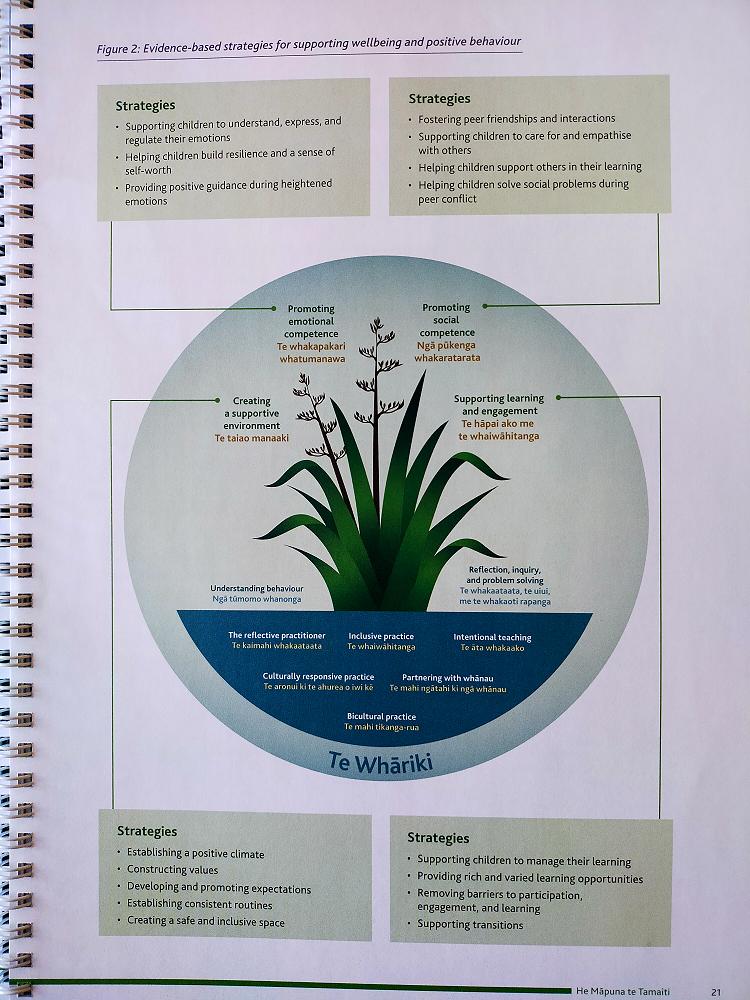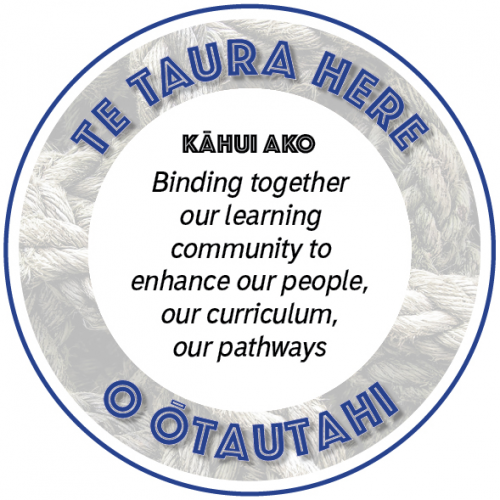
ECE Kaiako Learning Together
This year, Te Taura o Ōtautahi Kāhui Ako ECE services were invited to participate in a Ministry of Education funded SELO professional learning programme.
The three-month long programme provided a great opportunity to join together to unpacka new Ministry resource, He Māpuna te Tamaiti. Six of our 12 ECE services participated.
He Māpuna Te Tamaiti is a resource specifically designed for kaiako in early learning settings. It promotes proactive, intentional approaches to supporting the development of children's social and emotional competence. It includes a range of practical and flexible strategies including establishing consistent routines, developing care and empathy for others, building resilience, fostering peer friendships and supporting children to manage their learning. Kaiako beyond the ECE sector could also find this resource valuable, you can access here.

Facilitated by CORE Education, the first PLD hui challenged us to identify ways to remove barriers to learning, engagement and wellbeing for all tamariki in our service, to enable them to grow and flourish as learners. We were supported to develop a Puzzle of Practice Inquiry model to guide our mahi and each service chose one of the four key areas in the document as the focus for their inquiry:
- creating a supportive environment
- promoting emotional competence
- promoting social competence
- supporting learning and engagement.
Following the first hui, our facilitator Glenda Albon visited each service before a final hui, when we all presented our inquiry and outcomes. It was evident that everyone had made full use of the self-assessment tool in He Māpuna te Tamaiti to reflect, evaluate and develop intentional approaches to support the development of children’s social and emotional skills. We shared many examples of the ways tamariki learning had benefitted from the mahi of their kaiako. The following are some of the insights shared:
- It has become more visible how children are connecting with their identity , language and culture
- Child agency has strengthened – they are taking part in and even initiating karakia for routines, which shows they can predict the patterns of their day. They are taking responsibility for identifying and using appropriate problem-solving strategies
- Children are engaging more respectfully with resources and their learning environment
- Tuakana teina relationships are strengthening
- Children with special needs can now communicate easier
- We are working together more collaboratively using investigation, inquiry and deeper professional conversations.
This shared professional learning experience has contributed to the development of building relationships across ECE services. We developed common understandings of not only the content of the document, but also the process of inquiry. As a result of the presentations we all gained insight into what makes each service quite unique.
